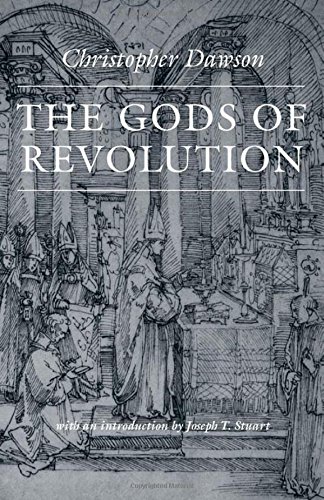

Most ebook files are in PDF format, so you can easily read them using various software such as Foxit Reader or directly on the Google Chrome browser.
Some ebook files are released by publishers in other formats such as .awz, .mobi, .epub, .fb2, etc. You may need to install specific software to read these formats on mobile/PC, such as Calibre.
Please read the tutorial at this link: https://ebookbell.com/faq
We offer FREE conversion to the popular formats you request; however, this may take some time. Therefore, right after payment, please email us, and we will try to provide the service as quickly as possible.
For some exceptional file formats or broken links (if any), please refrain from opening any disputes. Instead, email us first, and we will try to assist within a maximum of 6 hours.
EbookBell Team

4.0
6 reviewsDawson underlines the fact that the Revolution was not animated by democratic ideals but rather reflected an authoritarian liberalism often marked by a fundamental contempt for the populace, described by Voltaire as "the 'canaille' that is not worthy of enlightenment and which deserves its yoke." The old Christian order had stressed a common faith and common service shared by nobles and peasants alike but Rousseau "pleads the cause of the individual against society, the poor against the rich, and the people against the privileged classes." It is Rousseau whom Dawson describes as the spiritual father of the new age in disclosing a new spirit of revolutionary idealism expressed in liberalism, socialism and anarchism. But the old unity was not replaced by a new form. Dawson insists the whole period following the Revolution is "characterized by a continual struggle between conflicting ideologies," and the periods of relative stabilization such as the Napoleonic restoration, Victorian liberalism in England, and capitalist imperialism in the second German empire "have been compromises or temporary truces between two periods of conquest." This leads to his assertion that "the survival of western culture demands unity as well as freedom, and the great problem of our time is how these two essentials are to be reconciled."
This reconciliation will require more than technological efficiency for "a free society requires a higher degree of spiritual unity than a totalitarian one. Hence the spiritual integration of western culture is essential to its temporal survival." It is to Christianity alone that western culture "must look for leadership and help in restoring the moral and spiritual unity of our civilization," for it alone has the influence, "in ethics, in education, in literature, and in social action" sufficiently strong to achieve this end.
ABOUT THE AUTHOR
Christopher Dawson (1889-1970) is recognized as one of the most important Catholic historians of the twentieth century, authoring numerous books, articles, and scholarly monographs. Dawson was lecturer in the History of Culture, University College, Exeter; Gifford lecturer; and Charles Chauncey Stillman Chair of Roman Catholic Studies at Harvard University from 1958 to 1962.